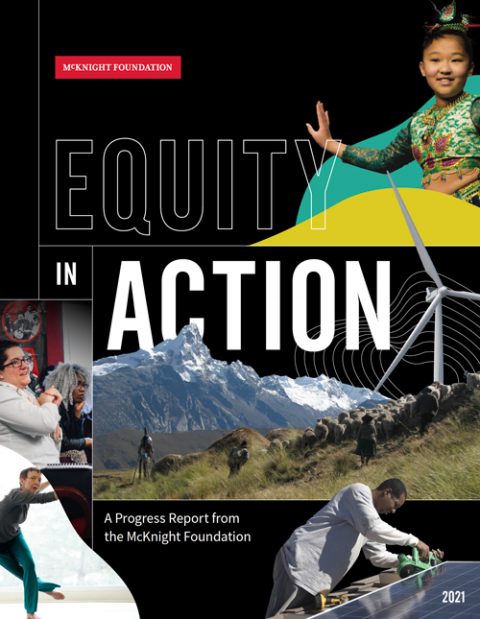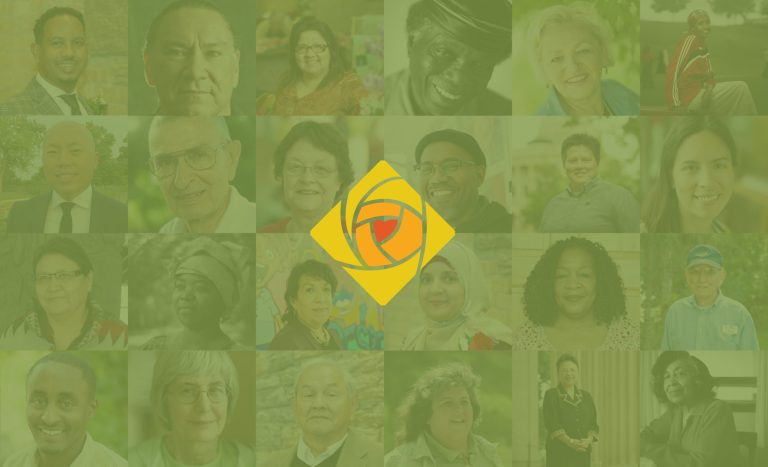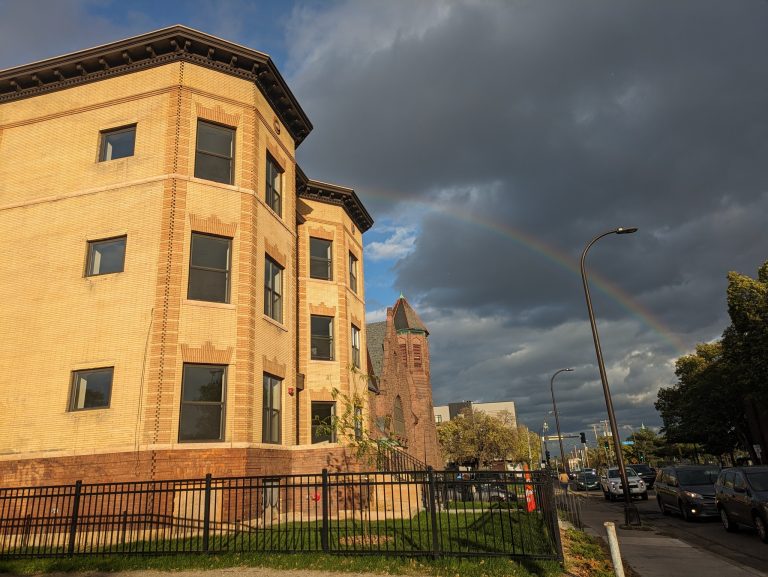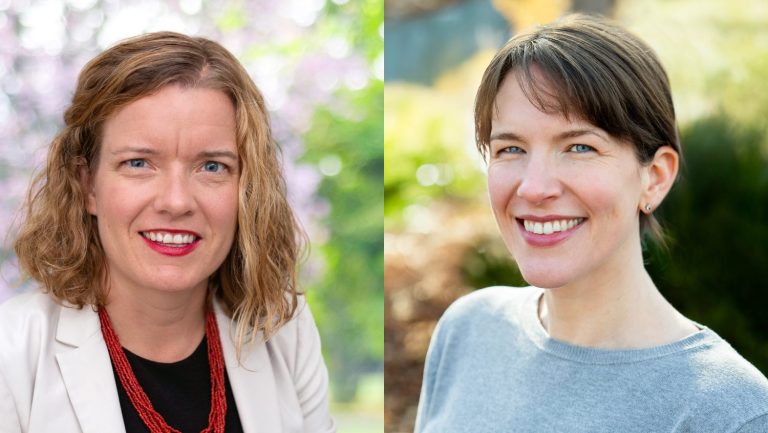This article was originally published by PEAK Grantmaking, a member-led association of philanthropy professionals leading the way in advancing equitable, effective grantmaking practices. Together, we are transforming philanthropy. Learn more at peakgrantmaking.org and follow @PEAKgrantmaking on ትዊተር እና LinkedIn.
Our communities deserve more than good intentions. And yet, across the philanthropy sector, aspirations are slow to turn into action. At the McKnight Foundation, we recognize PEAK’s leadership in advancing equitable, effective grantmaking practices across philanthropy. The Principles for Peak Grantmaking aim to move philanthropy from conversation to action, toward values-driven, equity-centered, practice-based change.
 Our new Equity in Action report documents examples of shifts we’ve made to back up our words with actions. In the past three years, we’ve made progress through policy changes and in how we move money, use our voice, make grants, convene others, and work with vendors. We hope by sharing our progress toward equity, in both big and small ways, that we will inspire others to do the same.
Our new Equity in Action report documents examples of shifts we’ve made to back up our words with actions. In the past three years, we’ve made progress through policy changes and in how we move money, use our voice, make grants, convene others, and work with vendors. We hope by sharing our progress toward equity, in both big and small ways, that we will inspire others to do the same.
Here are a few examples of how we are now living each of the Principles for Peak grantmaking.
Tie Practices to Values. We know the importance of linking our grantmaking practices with our values when it comes to advancing our mission. In 2018, McKnight released the organization’s first diversity, equity, and inclusion (DEI) statement to formally articulate our values and how they relate to our overall mission. A year later, the board made these values central to our operations when it named equity as one of the four core values in the McKnight Foundation’s strategic framework. We did this because we see equity as mission critical. Without it, we cannot achieve our program goals or have the impact we want to have. Equity is a value we challenge ourselves to uphold in our internal policies and practices, in our grantmaking, and in how we imagine the change we want to see. Each of McKnight’s grantmaking programs—whether they address climate change, support working artists, advance collaborative crop research, or fund innovative neuroscience research—are committed to embedding equity as a through-line in our grantmaking.
Equity is a value we challenge ourselves to uphold in our internal policies and practices, in our grantmaking, and in how we imagine the change we want to see.
Narrow the Power Gap. PEAK calls on grantmakers to narrow the power gap between grantmakers and grant applicants, and value equally the resources each brings to the partnership. McKnight has taken this approach in how we design and implement our grantmaking programs. For example, using an inclusive process, McKnight designed an entirely new program focused on building a more equitable and inclusive Minnesota. With a projected annual grantmaking budget of $32 million starting in 2022, ደፋር እና ፍትሃዊ ማህበረሰቦች is one of the largest programs at McKnight, and is building relationships with new partners across the state of Minnesota. For more than a year, McKnight gathered input from more than 1,000 community stakeholders to shape the program, representing diverse people, places, sectors, and organizations in Minnesota and beyond. In making grant decisions, the program team is experimenting with more equitable methods—from offering extensive transparency on its process through webinars and FAQ pages to including voices from team members with diverse perspectives.
Additionally, McKnight’s board of directors in 2019 approved a new goal for our Midwest Climate & Energy program: to take bold action on the climate crisis by dramatically cutting carbon pollution in the Midwest by 2030. Accomplishing this requires an inclusive and multiracial democracy, one in which all people have the voice and power to bring about change to the issues affecting their lives and livelihoods. Recognizing this, the Climate & Energy program updated its strategies to include strengthening democratic participation as an essential approach. The program pursues this strategy in close partnership with McKnight’s Communities program, supporting communities in building powerful movements for change.
Drive Equity. PEAK calls on grantmakers to assess their systems and adjust them to minimize bias and support decisions that promote justice, inclusion, and equity. Following the COVID-19 pandemic, McKnight intentionally shifted its approach to arts funding, broadening the portfolio of organizations and projects that work to eliminate deep and persistent cultural, economic, and racial barriers. In one example, McKnight is the lead regional partner in the America’s Cultural Treasures initiative, which invests $12.6 million in significant regional cultural institutions led by Black, Indigenous, and people of color in Minnesota. In the first phase of funding, the Regional Cultural Treasures program honored organizations that have made a significant impact on our cultural landscape over decades, despite historic under-investment. In the second phase, the program will award grants to grow the future of Black, Indigenous, Latinx, and Asian American artists and cultural organizations in Minnesota, North Dakota, South Dakota, and the 23 Native Nations that share the same geography.


